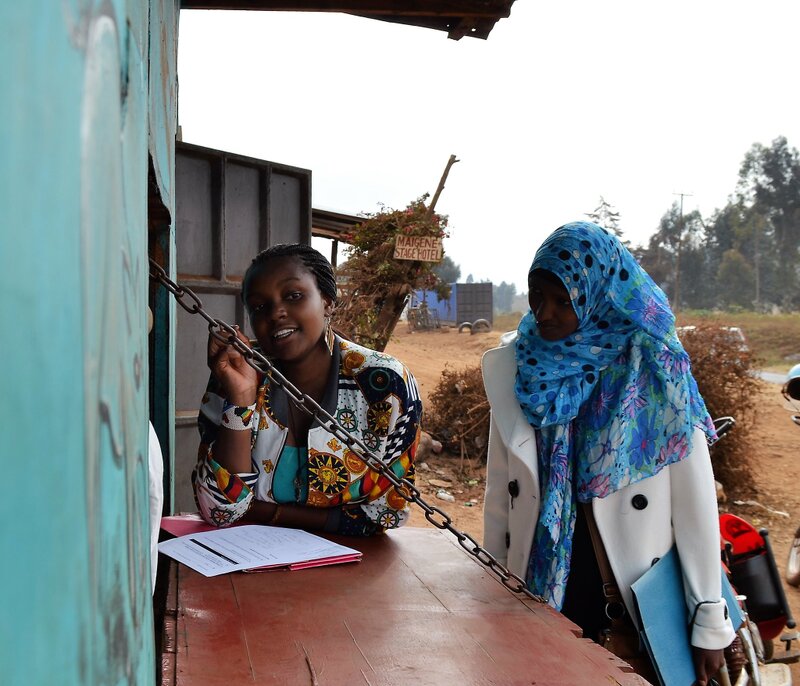Non-communicable diseases: can implementation research change the game for policy and practice?
"Non-communicable diseases (NCDs) account for 74% of all deaths and 86% of premature deaths in low-income and middle-income countries (LMICs). Yet, the world is far from meeting the globally agreed targets for their control. Even in this unprecedented era for discovery of new therapies for NCDs, the ability to equitably deliver both old and new interventions is lagging. WHO has clear best-buys for prevention and management of NCDs, but policy and service coverage of these interventions is poor in many countries.
NCD service delivery remains a crucial gap undermining efforts towards universal health coverage,
which increases inequities in health, poverty, and economic losses.
Implementation research is a crucial tool to bridge the know–do gap, focusing on understanding the adoption, integration, and sustainability of evidence-based interventions within real-world health systems."









